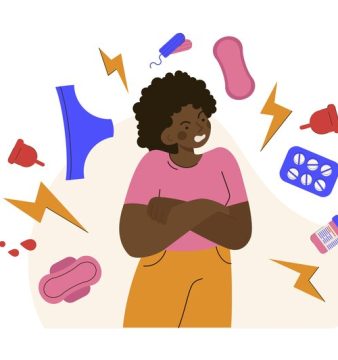Understanding Sleep

Modern life is complex where we are constantly on the run and our demanding daily routines prevent us from getting enough rest and sleep.
When we go to sleep, it doesn’t happen instantly but we go through different sleep stages to reach from a stage of awareness to that of unconsciousness.
What causes sleeplessness? Aside from natural causes such as temperature, humidity and mosquitos that might disturb our sleep, our brains also are responsible for preventing sleep. As we lie down to sleep, our minds are flooded with memories that can be disturbing and may prevent sleep. It can also be the effect of ingesting certain food or drinks with caffeine before bedtime.
If you are finding it hard to sleep, try a breathing or relaxation exercises and also ensure waking up at the same time every day. The National Sleep Foundation also suggests disconnecting from our phones or any electronic devices 30 minutes before we go to bed.
Where most of us do not get enough time to sleep or are unable to sleep, there are many who are unable to get out of bed. Spending excessive time in the bed, for whatever reasons, can lead to many risks including bed sores in your tailbone, hips and shoulder blades. Bedsores are caused by the constant pressure on those areas that limits the amount of blood flow to the skin and nearby tissues damaging the cells. Immobility will also cause your muscles to get weaker, reducing endurance and leading to fatigue which eventually leads to more time spent on the bed. Eventually muscles and bones begin to lose mass and increases the dangers posed on the body.
Also, every two days of inactivity makes your heartbeat increase by one beat per minute, which thereby increases the volume of blood causing less oxygen to be pumped through our body and makes us even more tired. Inactivity can lead to many other dangers like anxiety, risk of developing kidney stones and pneumonia (lung inflammation), so maybe we should find a middle ground that makes us feel well rested without overstaying in bed.
The National Sleep Foundation recommends that adults get between 7-9 hours of sleep a day and teenagers get around 8-10 hours. This amount increases the younger a person is, with new-born babies needing 14-17 hours of sleep. Sleep is a very important criteria for overall health. In a recent study that looked at older adults, researchers found that sleeping less than six hours or more than 10 hours a night was associated with a higher likelihood of healthcare use. Shorter sleep durations were linked with greater odds of emergency department visits and longer sleep durations linked up with greater odds of overnight hospital stay. Sleeping less also seems to have a correlation with Alzheimer’s disease.
However, about 1% of the population could get away with sleeping just a couple hours a day, they’re called the ‘Sleepless elite’ or ‘Short sleepers’. Bear in mind though that they are still a small fraction of the population, the rest of us need more rest.
For more information, visit National Sleep Foundation.
 Alyaa Amir Gabir Elbakri is a 20-year-old finalist at the University of Khartoum (UofK), majoring in chemical sciences. She’s exploring writing for the first time, delving into topics of health and sciences.
Alyaa Amir Gabir Elbakri is a 20-year-old finalist at the University of Khartoum (UofK), majoring in chemical sciences. She’s exploring writing for the first time, delving into topics of health and sciences.




